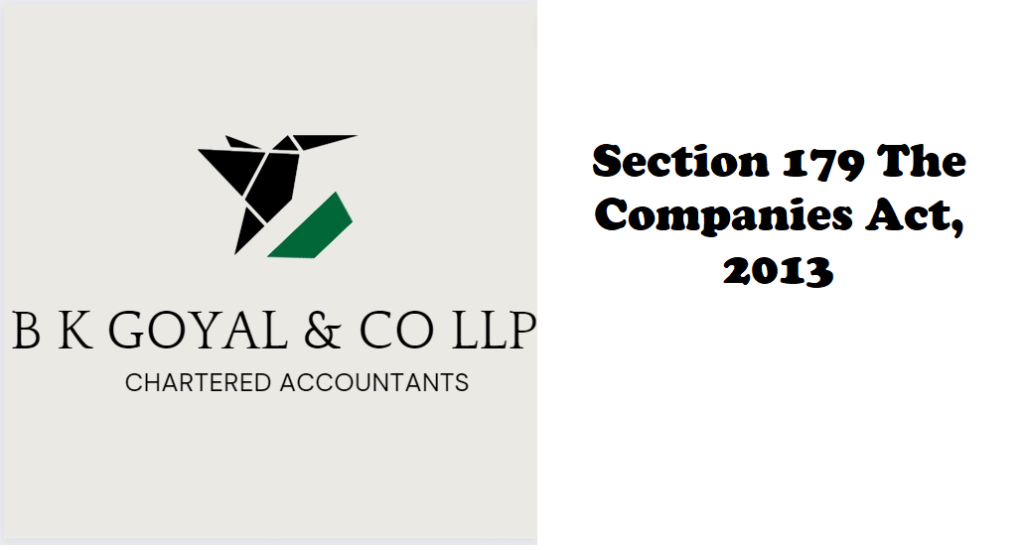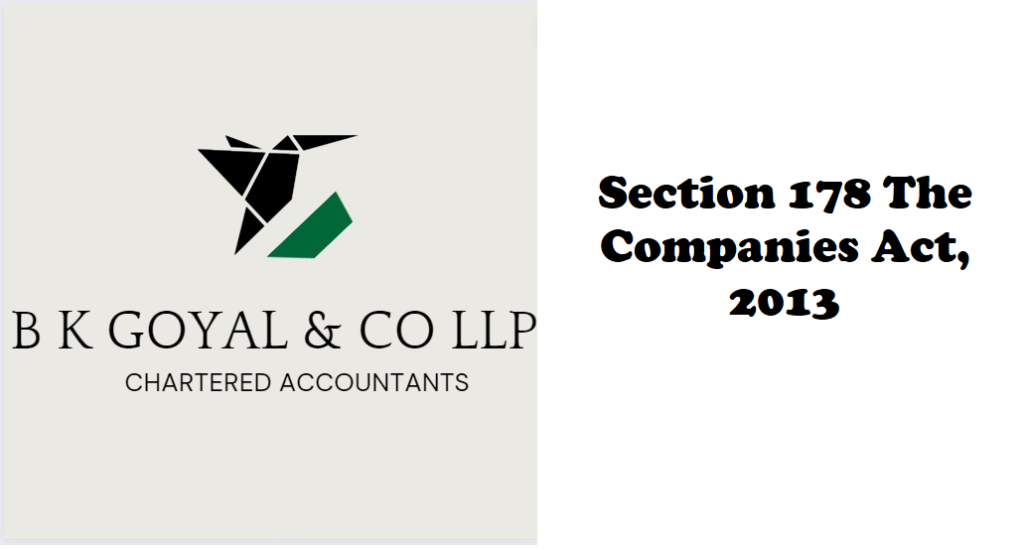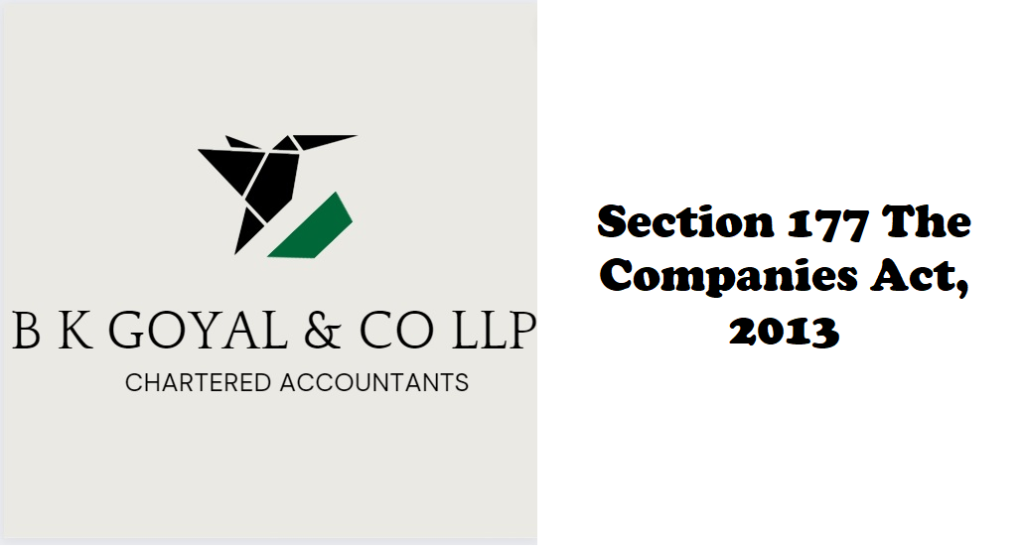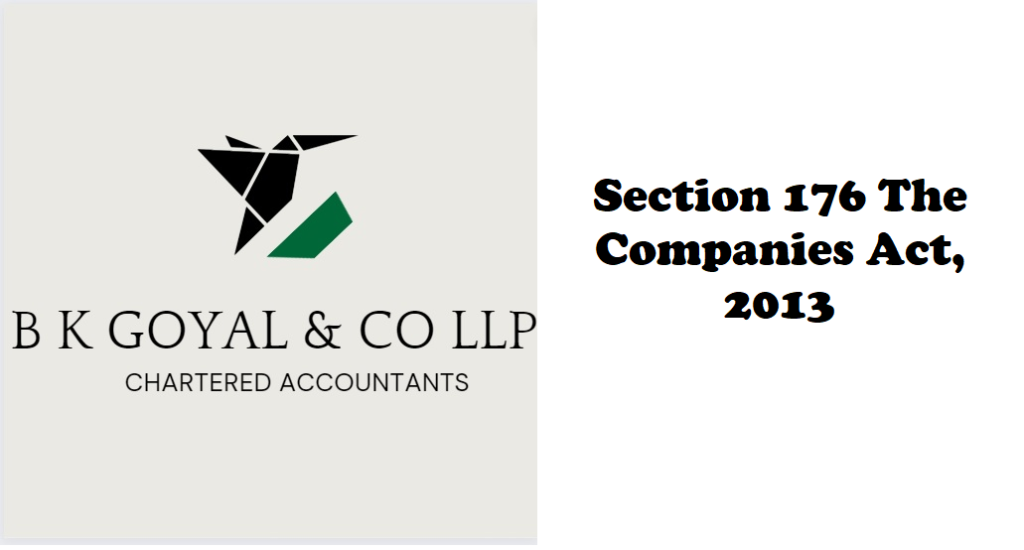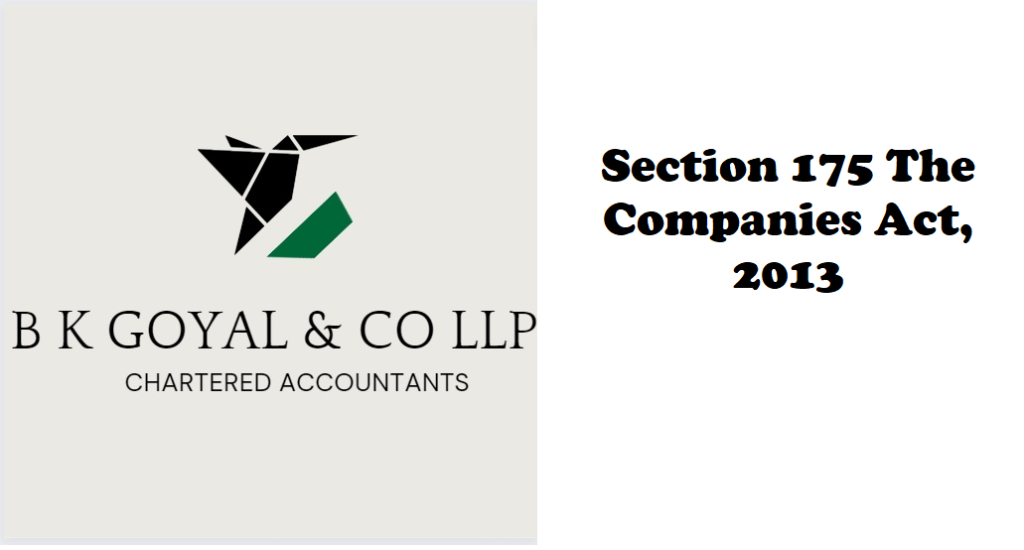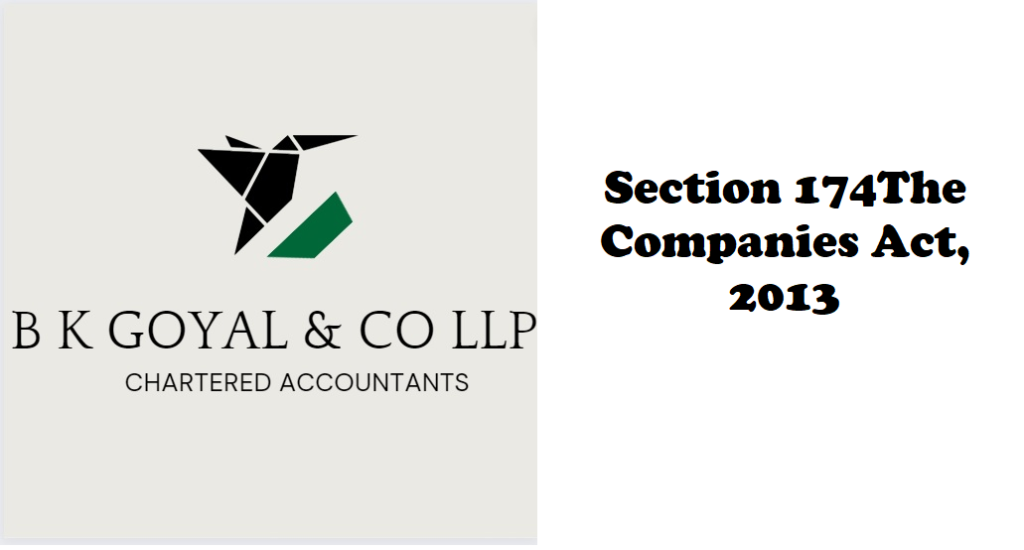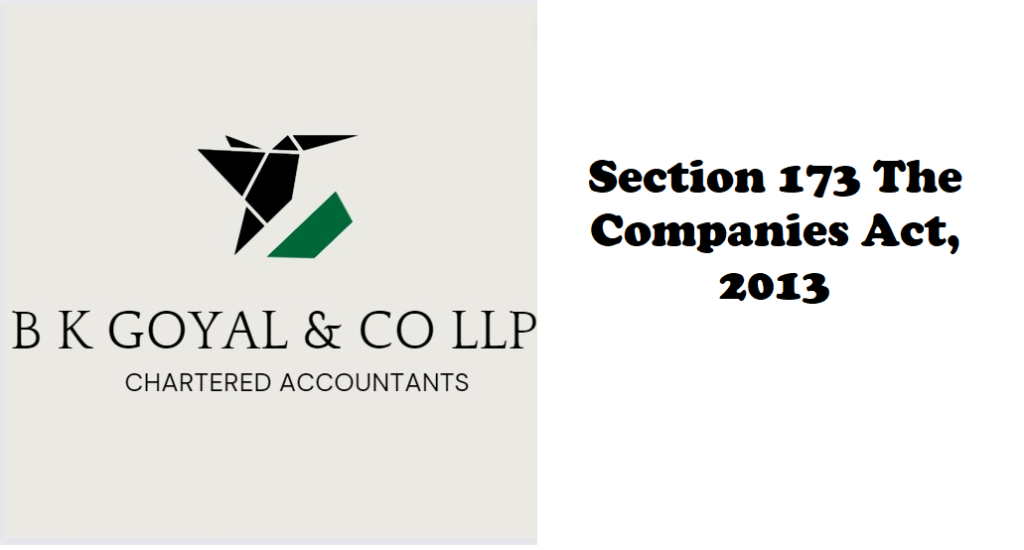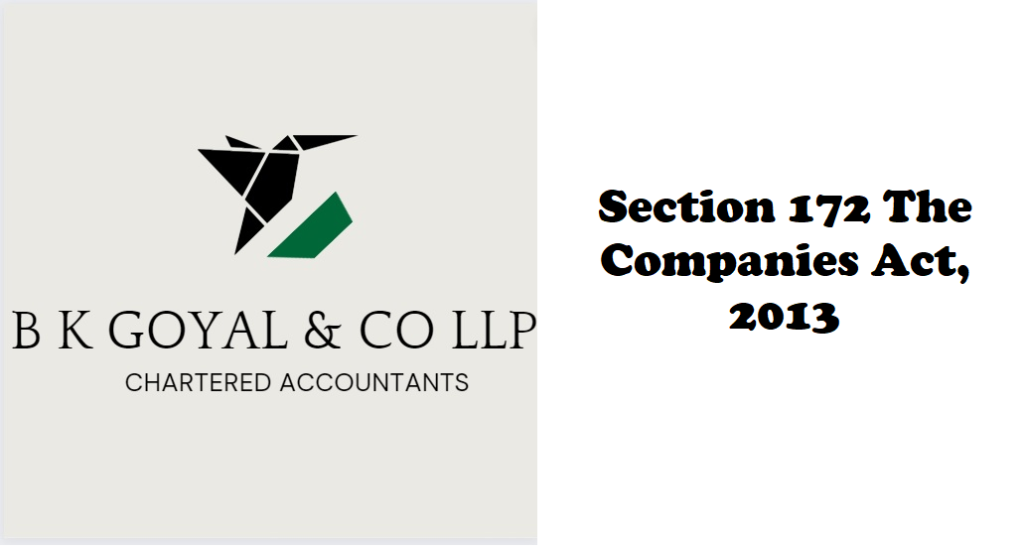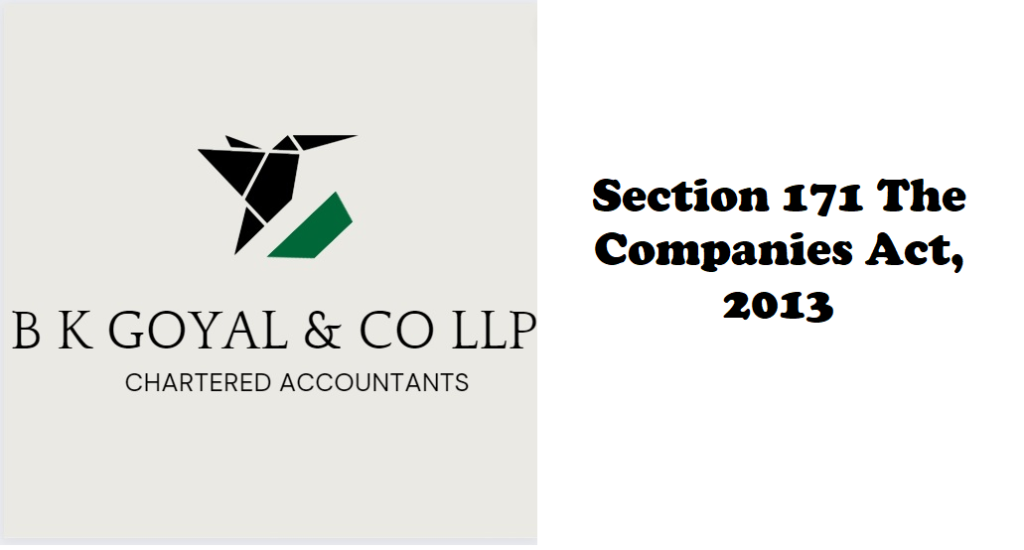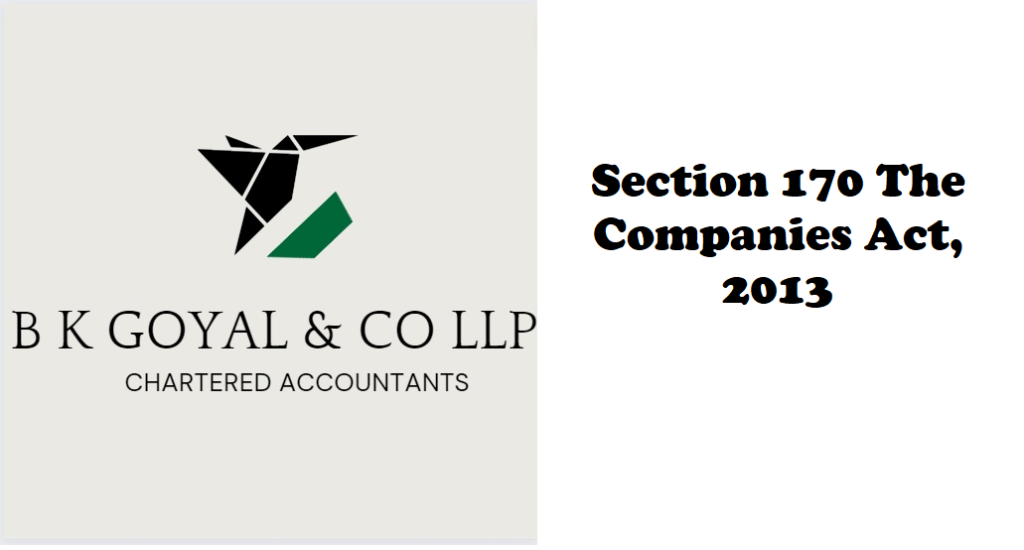Section 179 The Companies Act, 2013
Powers of Board (1) The Board of Directors of a company shall be entitled to exercise all such powers, and to do all such acts and things, as the company is authorised to exercise and do: Provided that in exercising such power or doing such act or thing, the Board shall be subject to the provisions contained in that behalf in […]
Section 179 The Companies Act, 2013 Read More »
